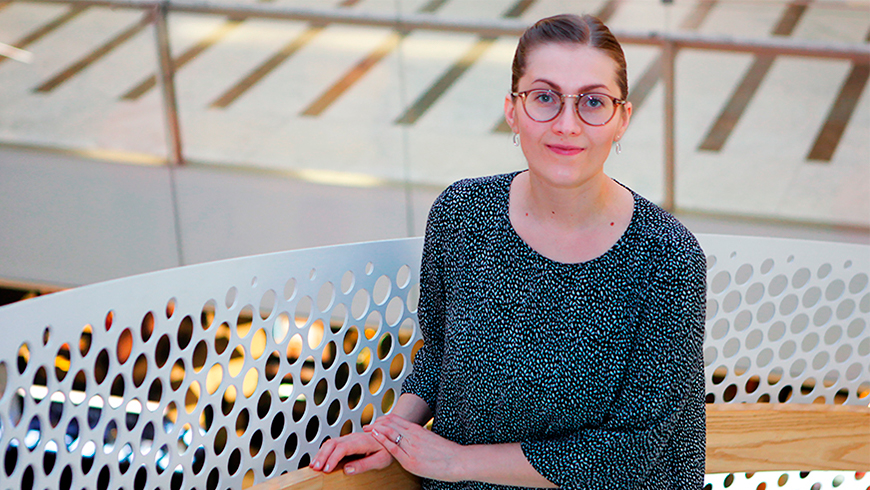
Do you know how many times your concentration is interrupted during the day? Today, the interruptions are so many that they are nearly impossible to count. They are often so many that we don’t always even realise that we’ve been interrupted. We may actually interrupt ourselves. When was the last time you remembered something you had forgotten to do and started to do it at once, abandoning whatever it was you were doing?
The increase in remote work may have added new kinds of distractions to existing ones. The noise of an open plan office is no longer a distraction but, for example, instant messaging apps may easily draw your attention away from whatever it is you’re doing. Therefore, it is important that the new distractions and stress factors are identified so they can be resolved.
What is cognitive ergonomics?
Cognitive ergonomics means that the capacity and limits of a person’s ability to process information are taken into account in the planning of work. Despite the constant flow of information, we are only able to keep a couple of things in your minds at any given moment, and learning takes time as well. Deficiencies in the ergonomics of brainwork are linked to stress symptoms which, in turn, make recovering from work more difficult and expose us to symptoms of work-related exhaustion, that is, burnout. When treating patients at the clinic, I get to witness how the problem can be evident as, for example, a weaker long-term concentration.
The Finnish Institute of Occupational Health has developed a method for identifying the factors that burden and inspire the work community, from the viewpoint of cognitive ergonomics. The More efficient brainwork method gives a comprehensive overview of the status of brainwork in an organisation. It enables us to identify factors that improve the efficiency of work or hinder fluency, and to intervene with the non-functioning aspects and strengthen the ones that do function.
The More efficient brainwork method includes the Brainwork index questionnaire, interviews and a Brainwork workshop to identify individual solutions for each situation. The method can be applied to the organisation as a whole, or a part of it, as needed, and individuals are only required to respond to the questionnaire and participate in the workshop. The process is always implemented by a qualified occupational psychologist.
Remove unnecessary strain
The More efficient brainwork method can be utilised in a wide variety of situations. For example, in a customer service organisation, it was realised that the employees in one team were very stressed, and occupational health care support was needed. We used the More efficient brainwork method in providing support in the situation, and the method helped to observe that unclear work instructions caused stress and unnecessary interruptions as colleagues had to be asked constantly for help. In the workshop, we identified ideas for resolving the situation. The team started to implement the new ideas and the stress was relieved.
One of the participants in the More efficient brainwork method commented that the Brainwork workshop gave the chance to stop and consider one’s work and the related stress factors.
How can I influence cognitive ergonomics?
Efficient first aid methods include the following:
- Focus on one thing at a time. Turn off email and instant messaging when your work requires concentration.
- Give others peace to work and respect it – don’t send unnecessary instant messages if you can handle the matter yourself or it is not really urgent.
- Launch a “peaceful work hour” in your workplace – a period in which you are not allowed to interrupt colleagues at work.
- Remember recovery during the day. Take breaks, even short ones. Now that remote work is more common, the number of breaks may have declined because we do not physically move from one meeting to another, but just open another meeting on the computer.
Mehiläinen’s occupational psychologists can support you in improving your work community’s cognitive ergonomics. We can carry out the More efficient brainwork survey to give you an analysis of the status of brainwork in your organisation, and concrete proposals for further development and instructions for how to proceed. Furthermore, our experts facilitate short workshops and give expert lectures on brainwork ergonomics in work communities. We can also support you in identifying functioning remote work methods.
Interested? Contact your occupational health care contact person or send email to myynti@mehilainen.fi
The author of this blog is Marianne Kirjalainen, occupational psychologist and Brainwork coach at Mehiläinen.